int indent = 0;
int listDir(const char* dirname){
DIR* dir;
struct dirent* d;
if(!(dir = opendir(dirname)))
return -1;
while((d = readdir(dir)) != NULL){
if(strcmp(d->d_name, ".") == 0 || strcmp(d->d_name, "..") == 0 ){
continue;
}
else if(d->d_type != DT_DIR){ // Any except folders.
printf("%*s- %s:%ld\n", indent, "", d->d_name, d->d_ino);
}
else if(d->d_type == DT_DIR){ // Folders only
printf("%*s[%s]\n", indent, "", d->d_name);
char path[1024];
snprintf(path, sizeof(path), "%s/%s", dirname, d->d_name);
indent +=2;
listDir(path);
indent -=2;
}
This function works just fine, but the only thing is that it outputs the following result as an example:

I need the output to be the container folder, files and then folders. The folders should be at the end of the list. For example, the above output should be:
